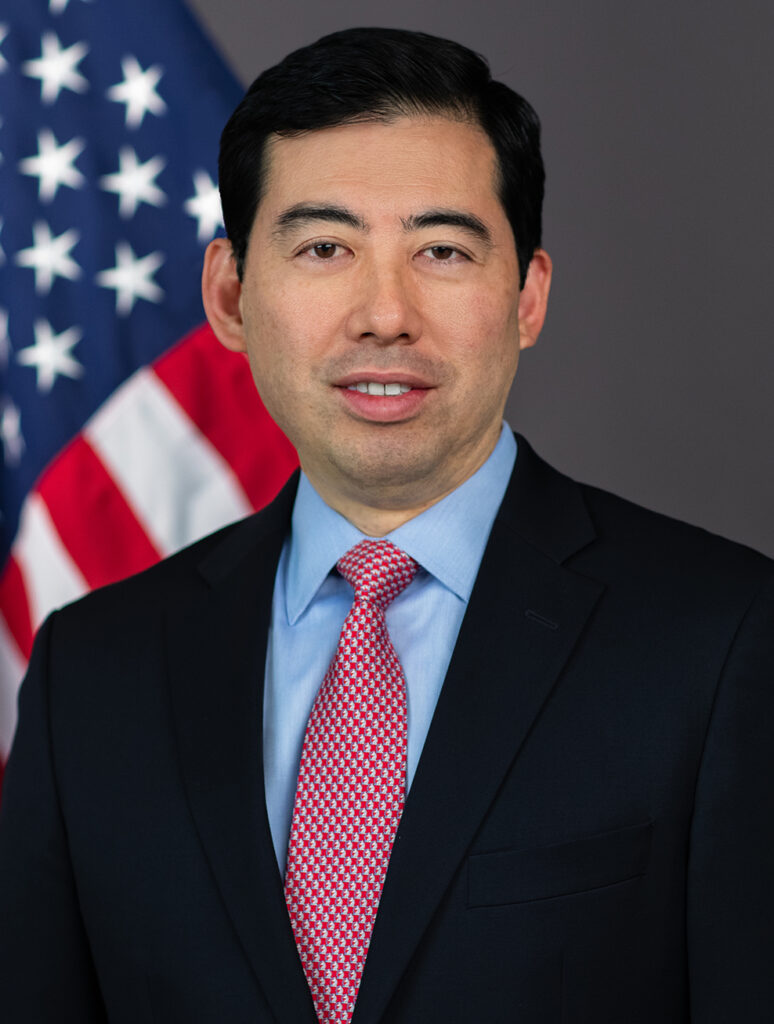SEC Commissioner Mark T. Uyeda delivered a keynote address on Nov. 17 at the 26th annual Japan–U.S. Symposium, emphasizing the crucial role of regulators in maintaining the strength of the U.S. and Japanese capital markets. His remarks took an interesting turn given the Securities and Exchange Commission’s (SEC) current plans to issue a rule that would permit the New York Stock Exchange to list “Natural Asset Companies,” which do not aim to generate profits for investors.
During his speech, Commissioner Uyeda highlighted the deep economic ties between the United States and Japan, stressing the importance of preserving and promoting political and economic freedoms, supporting human rights and democratic institutions, and expanding prosperity for both nations and the international community.
Commissioner Uyeda also called for measures to strengthen capital markets. He encouraged dual listings between exchanges, using the example of the Singapore Exchange’s agreement with the New York Stock Exchange.
However, the speech caught the attention of U.S. policymakers who are expressing concerns over the emphasis inside the SEC for promoting social issues through the capital markets.
In the speech, Uyeda expressed concerns about Environmental, Social, and Governance (ESG) ratings, which elevate stock listings over non-financial issues. “Without tying such factors to financial return, it raises questions as to who are the intended beneficiaries of these ratings—the investors in the company or other third-parties that do not have anything at stake?” he said.
Uyeda indicated in his remarks that ESG and other non-financial concerns create risk for investors. “To the extent that a company acts in a manner that places the interests of investors subservient to private ESG interests, investor confidence can be diminished,” he said.
This mirrors concerns by policymakers about the SEC’s proposed new rule that would allow the New York Stock Exchange to list Natural Asset Companies (NACs), a new type of public entity that does not prioritize generating profits for investors. Like ESG, NACs are intended to change the traditional expectations of capital markets.
In his remarks, Uyeda emphasized the importance of avoiding regulatory mission creep and ensuring that regulatory requirements remain relevant to financial materiality. He cited the recent code of conduct for ESG evaluation and data providers in Japan, raising concerns about the potential divergence of ESG ratings from financial return and the impact on investor confidence.
According to Uyeda, if the SEC allows companies to list without a focus on financial returns for investors, it may inadvertently prioritize interests other than those of the investors, leading to diminished investor confidence.
In an Oct. 25 letter to the U.S. Securities and Exchange Commission (SEC), accounting firm Ernst & Young recommended that the SEC rule for NACs clarify terms like “total economic value,” which might be confused with traditional financial reporting measures.
In addition, the Utah Department of Natural Resources requested a more in-depth review of the proposed NAC rule. The state said in a letter to the SEC that including concepts like ESG in financial regulations is not widely supported by investors or the public. The letter said the SEC is venturing into areas outside its expertise and mission.
The SEC changes have caught the attention of Congress. U.S. Rep. Harriet Hageman (R-WY) introduced an amendment to the Financial Services and General Government Appropriations Bill that would prohibit funds from being made available to the SEC to approve the NAC rule.
Groups monitoring the SEC’s proposed rule for NACs told Federal Newswire that the rule appears to contradict Commissioner Uyeda’s emphasis on the financial materiality of regulatory requirements. They say the rule, if implemented, could signify a shift in the SEC’s approach, potentially prioritizing non-financial factors over traditional financial considerations.


